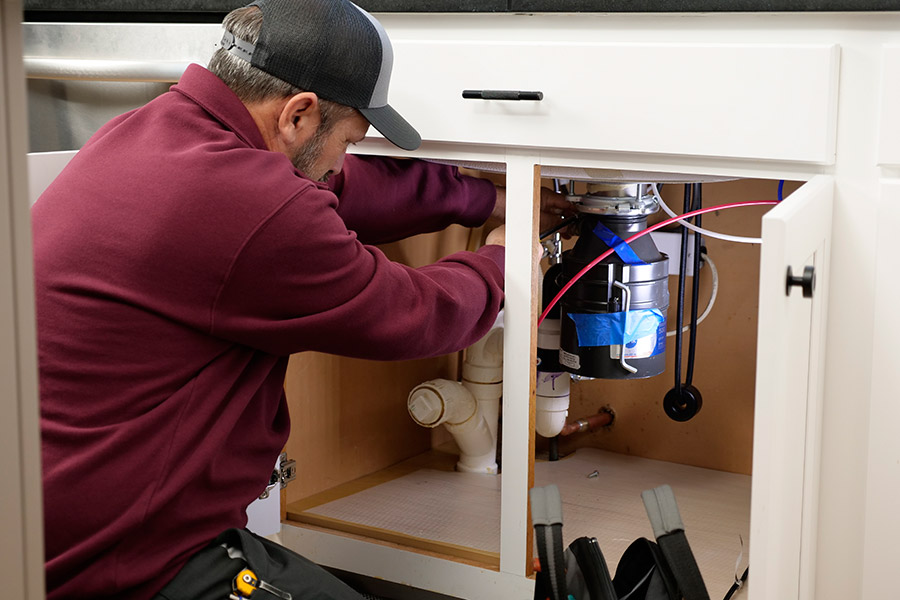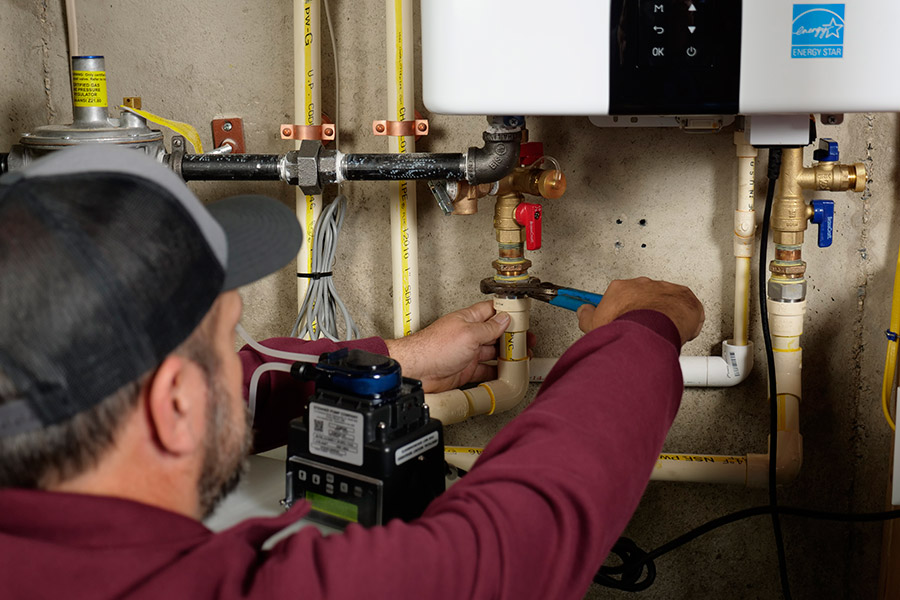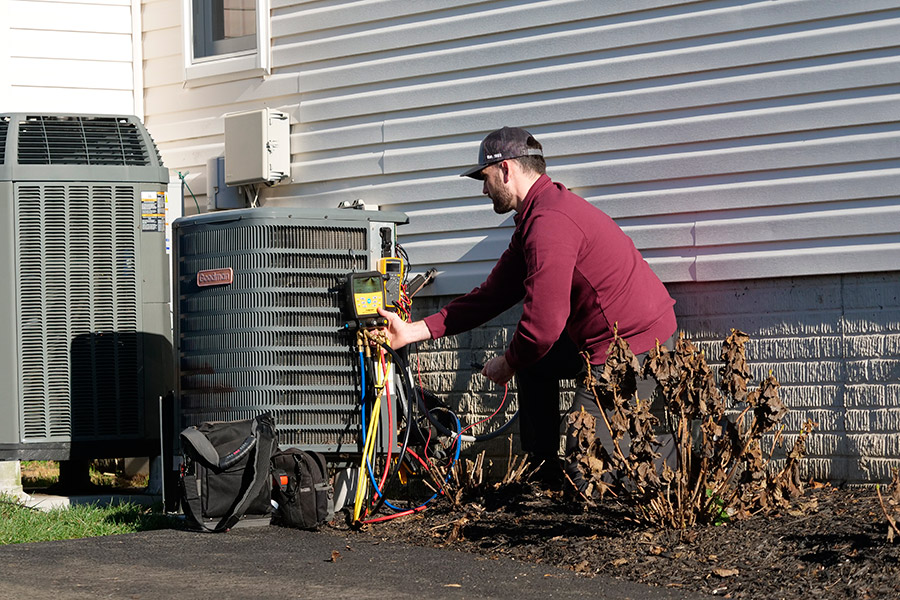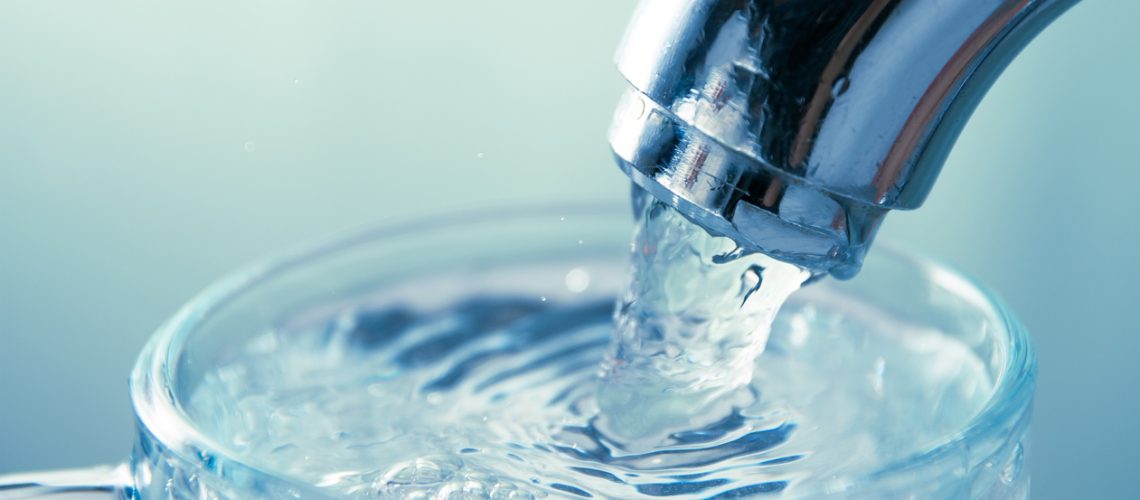Finding black specks in your water can be alarming. These tiny particles can raise concerns about water quality and safety. Understanding the causes, solutions, and prevention methods for this issue is essential for maintaining a clean and safe water supply in your home. In this blog, we will explore the common reasons behind black specks in water, effective ways to address the problem, and tips to prevent it from occurring in the future.
Causes of Black Specks in Water
Corroded Pipes
One of the most common reasons for black specks in water is the corrosion of old iron or galvanized steel pipes. Over time, these pipes can deteriorate, causing black particles to flake off and mix with your water supply. If the black specks in water smear when touched, it is likely due to pipe corrosion.
Mineral Deposits
Another potential cause is the presence of mineral deposits. Magnesium, iron, and manganese can accumulate in your water heater or plumbing system, leading to black specks in your water. These minerals are naturally occurring and, while not harmful, can indicate a buildup that needs attention.
Deteriorating Rubber Parts
Black particles in water can also originate from deteriorating rubber parts within your plumbing system. Components such as washers, gaskets, and hoses can break down over time, releasing small black specks into your water. If you notice black stuff coming out of the faucet, it might be due to these worn-out parts.
Water Heater Sediment
Sediment buildup in your water heater can lead to the appearance of black specks. Over time, sediment can accumulate at the bottom of the heater, breaking off and entering your water supply. Regular maintenance and flushing of your water heater can help prevent this issue.
Solutions for Black Specks in Water
Inspect and Replace Pipes
If you suspect that corroded pipes are the cause of the black specks, it’s essential to inspect your plumbing system. Look for signs of rust or corrosion and consider replacing old pipes with newer, corrosion-resistant materials like PEX or copper.
Install a Water Filtration System
A water filtration system can effectively remove mineral deposits and other contaminants from your water supply. Whole-house filters or under-sink filters can help ensure that your water is clean and free of black particles.
Replace Rubber Parts
Check for deteriorating rubber components in your plumbing system. Replacing worn-out washers, gaskets, and hoses can eliminate the source of black specks. Ensure that you use high-quality replacement parts to prevent future issues.
Maintain Your Water Heater
Regular maintenance of your water heater is crucial to prevent sediment buildup. Flushing the heater periodically can remove accumulated sediment and reduce the risk of black specks in your water. If your water heater is old, consider upgrading to a newer model with better sediment control features.
Consult a Professional Plumber
If you’re unable to identify the source of the black specks or if the problem persists, it’s best to consult a professional plumber. They can conduct a thorough inspection of your plumbing system and recommend the most appropriate solutions.
Prevention Tips
-
- Regular Plumbing Maintenance: Routine maintenance of your plumbing system can help prevent issues like black specks in water. Schedule regular inspections and address any signs of wear and tear promptly.
- Use Quality Plumbing Materials: Invest in high-quality plumbing materials and fixtures to reduce the risk of corrosion and deterioration. Choose corrosion-resistant pipes and durable rubber components to ensure a long-lasting and reliable plumbing system.
- Install a Water Softener: If your water supply has high mineral content, consider installing a water softener. This device can reduce the levels of magnesium and iron in your water, preventing the buildup of mineral deposits.
- Flush Your Water Heater Regularly: Regularly flushing your water heater can prevent sediment accumulation. Follow the manufacturer’s instructions for flushing the heater or consult a professional plumber for assistance.
- Monitor Water Quality: Keep an eye on the quality of your water by conducting regular tests. Home water testing kits are available and can help you detect the presence of contaminants, including black particles. If you notice any changes in your water quality, address the issue promptly.
Conclusion
Finding black specks in your water can be concerning, but understanding the causes and solutions can help you address the problem effectively. Whether the black particles in water are due to corroded pipes, mineral deposits, deteriorating rubber parts, or sediment buildup, taking the appropriate steps can ensure clean and safe water for your home. Regular maintenance, using quality materials, and consulting a professional plumber when needed are key to preventing this issue from recurring.
If you’re experiencing problems with black specks in your water or have other plumbing concerns, don’t hesitate to contact W.L. Staton for all your plumbing needs. Our experienced team is here to help you maintain a reliable and safe plumbing system. Reach out to us today for expert advice and services.













